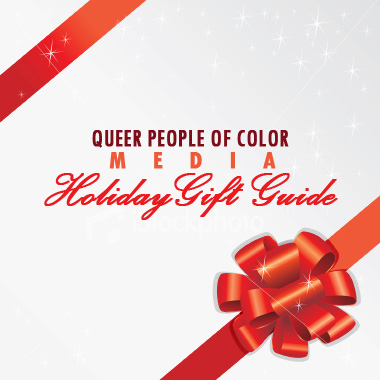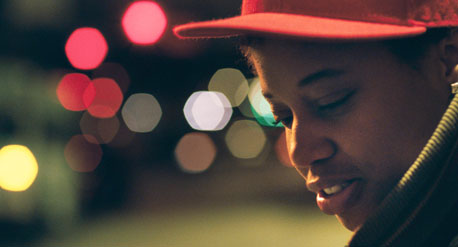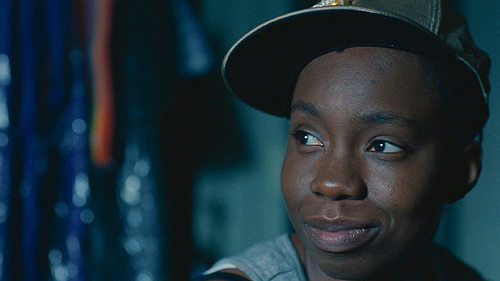As a follow up to my last piece about how media can help facilitate "coming out" or facilitating important conversations about sexuality over the holidays, I've compiled a list 10 of my picks for books, film, and music created by queer people of color that would make excellent gifts! If…
-
Afrofeminism - Blog - Books - Creative Corner - Film - Gender and LGBT Issues - Media - Music - Race, Culture, Ethnicity
-
Afrofeminism - Blog - Film - Gender and LGBT Issues - LGBT Africa - Media - Race, Culture, Ethnicity - Social Commentary - Special Series
Racism and LGBT Rights: Where are the African Films in the South African LGBT Film Festival?
South Africa's 19th Out in Africa LGBT Film Festival opens this weekend and there is certainly no shortage of films about women, quite an achievement to note given how often the LGBT community is depicted as male. Yet, within the context of Africa, the LGBT community is also frequently perceived…
-
Inspired by Pariah: My Personal Story about Coming Out as a Nigerian “Boi”
As the strapless lilac dress found its awkward place on my body, the delicate layer of my personal confidence dropped mercilessly to the floor.. When my father said I looked "pretty," I immediately went on a dramatic tirade (more dramatic than usual) to assert that this wasn't who I was.…
-
Not (Just) Another Queer Movie: My Afrofeminist Review of Pariah
Wait a minute, not all lesbians in movies are white, rich or middle-class with no bills to pay? You mean “life†doesn’t get put on pause so that all gay people can experience the thrill of coming out at summer camp? And, there are other LGBT issues worth talking about…



